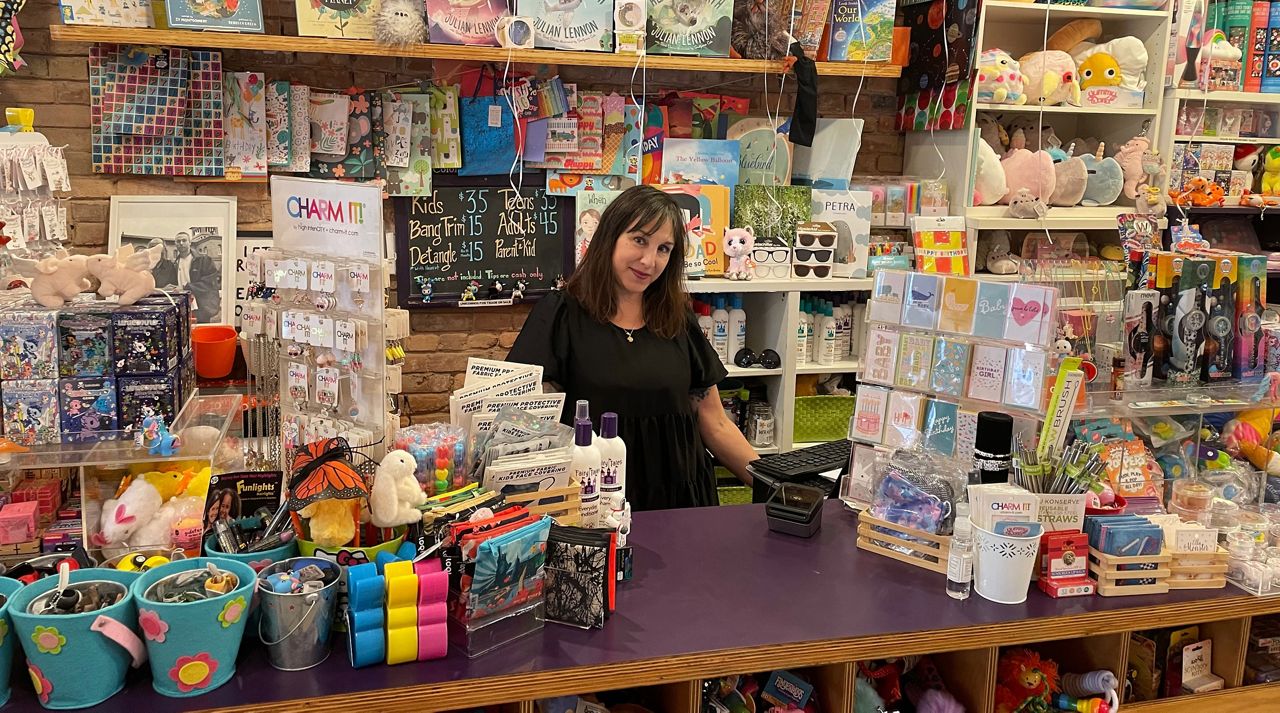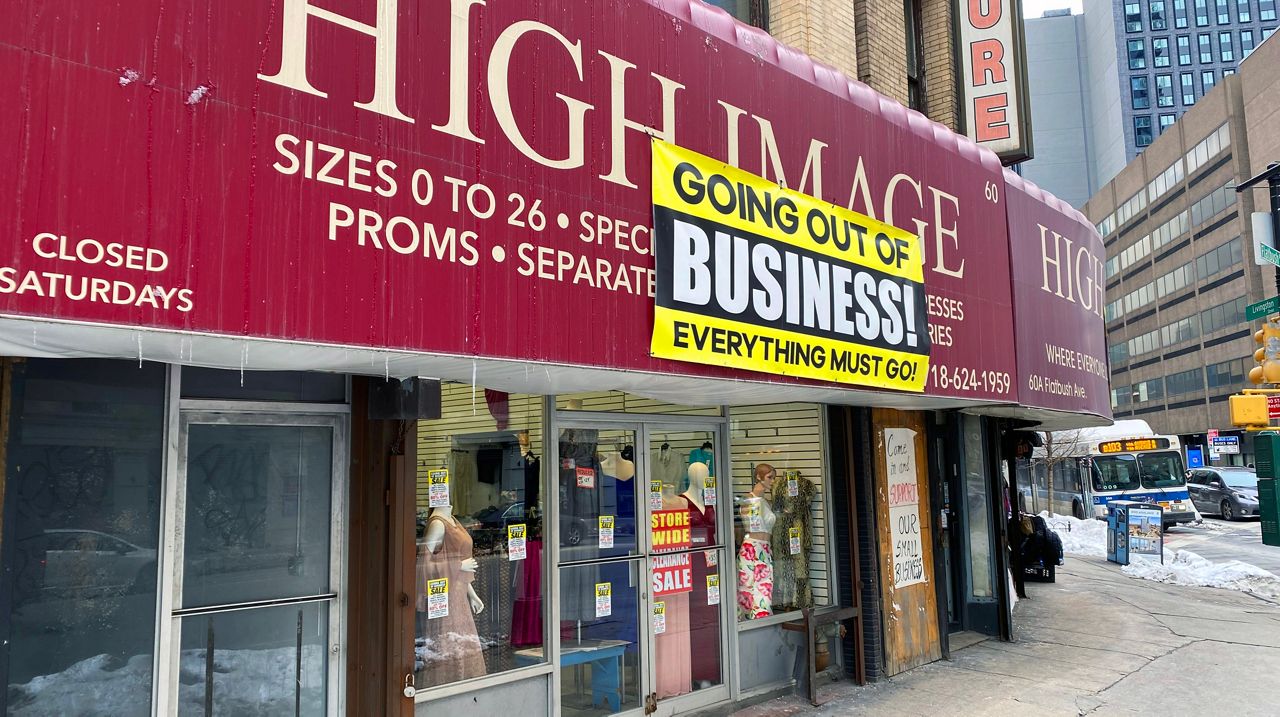BROOKLYN, N.Y. - “We might have to lay employees off,” Izzy Weiss told NY1.
He manages the Hat Box in Midwood, Brooklyn, and opened up the clothing store Tuesday just to clean up from a busy Friday before they closed for the Jewish Holiday of Sukkot.
He knows he won’t reopen for business anytime soon.
The 35-year-old business at the corner of Avenue O and Coney Island Avenue sits inside one of the nine ZIP codes dubbed COVID-19 hot spots by the mayor.
The governor gave the go ahead for the closures of all non-essential businesses in what he calls the “red zones.”
"Not again," Weiss said. “We can’t do this again.”
Weiss already closed his business for three-and-half months during the pandemic, losing out on the busiest season—around passover. His six workers went on unemployment.
“At least then we had The Cares Act, so there’s the additional $600 that our employees were able to obtain,” Weiss Said. “They won’t be able to provide for their families. They won’t be able to put food on their tables and that creates a totally different type of a mess.”
“Don’t shut down stores,” said former State Assemblyman Dov Hikind. “So many of our businesses are hardly surviving as it is.”
Hikind told NY1 that Brooklyn business owners are pleading with him for help, and he’s not even in office anymore.
He admited mask wearing and social distancing need to be better in Orthodox Jewish communities like this one, where COVID-19 rates are rising, and said enforcement is where the government’s focus should be.
“I don’t have a problem making an example of people," he said. "If you’re not wearing a mask, take that person in the local precinct for a while and send a message to the community, but don’t destroy the businesses in our community,”
“Business owners cannot take another punch to the gut,” explained Weiss.
He believes his store is being unfairly targeted, having enforced social distancing, limiting customers inside and handing out masks.
“The actions of the few should not cause a ripple effect and make every other company suffer,” Weiss said.
He worried about the spread of the virus, but now he's more concerned about the spread of economic ruin for his employees and himself.
“I am super afraid that I have to worry about putting food on the table for my family."









